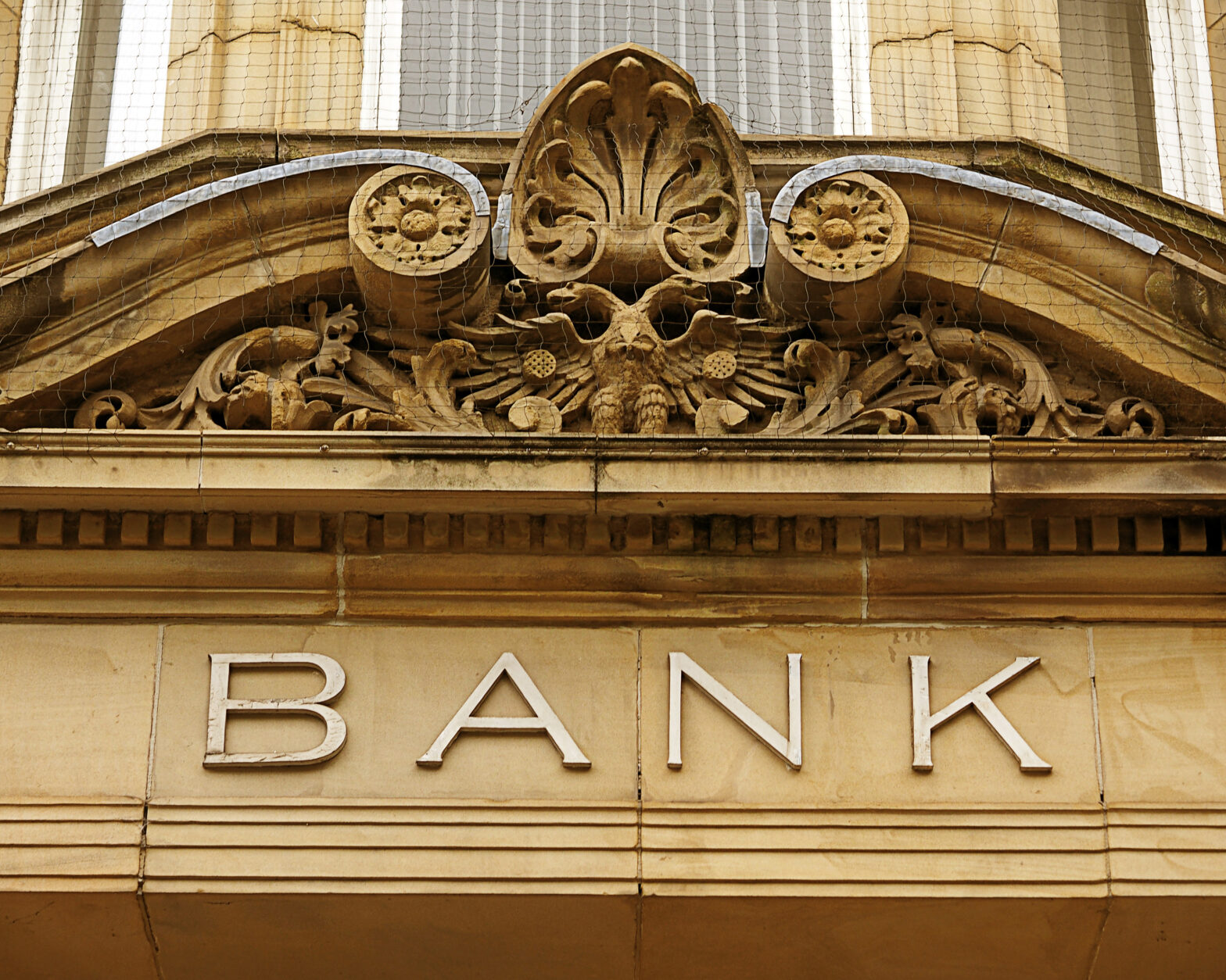David Beaty of HSBC is the UK head of business banking in the commercial banking division and has worked for the bank for 35 years. In this interview, he shares with us how the bank’s services are structured for SMEs, his views on the results of a report on attitudes towards Brexit and how customers are seeking a more comprehensive relationship with their bank.
Can you elaborate on the structure of HSBC’s business banking division?
We became HSBC UK on July 1st this year under the new ring fencing regulations. Commercial banking within the UK arm of HSBC has four main separate segments; the first segment is Small Business Banking, which serves businesses typically with a turnover of up to £2 million. Then we have the Business Banking segment, which is usually businesses turning over between £2 million and £10 million. For businesses with a £2 million turnover and upwards, typically there will be a relationship manager who manages a portfolio of clients.
Then there is our Mid-Market Enterprise tier, which is around turnover of £10 million to £350 million. Finally, our Large Corporate business division clients with turnover of £350 million upwards.
“Customers are looking for a bank that will be a relationship partner for them moving forward”
There is a degree of grey within any of these segments, because certain smaller businesses may have relatively complex needs, for example if they trade internationally or there may be large businesses who have quite simple needs. So it is not hard and fast, but very much a guide that we follow.
For example; Business Banking is responsible for more than 60,000 SME customers in the UK, servicing customers via face-to-face, telephone and digital channels, as well as relationship management and last year Small Business Banking supported 54,000 start-ups.
What sort of lending patterns can you share?
We are continuing to see lending growth driven in part by the £10 billion fund we announced to support SMEs last year. To give some background, we first launched the fund in 2012 with £6 billion and each year this is broken down into ring-fenced regional funds, as well as sector-focused elements. This is part of our commitment to helping businesses achieve their goals. Last year, we approved over 90 per cent of all lending applications.
How has the Brexit announcement affected the growth intentions of businesses?
In April, we published a global report that surveyed more than 6,000 companies in 25 countries and territories. The results revealed strong resilience and optimism among UK-based businesses, with their positive sentiment slightly ahead of the European (ex-UK) average of 71 per cent. Top markets UK enterprises are targeting for growth include the USA (19 per cent of firms), Germany (15 per cent) and France (13 per cent).
It also suggested that UK-based companies are optimistic about their international business prospects, with almost 72 per cent expecting their exports and imports to increase over the next 12 months. Most firms suggested that Brexit would be either neutral or positive for their business.
What opportunities do you see at this point for small businesses?
We see ourselves as being deeply embedded in the UK and keen to support British businesses. However, we also believe that because of HSBC’s global footprint, we are uniquely placed to be a gateway to the world for many of our clients. What we know for sure is that our customers often begin in the UK as a domestic business and that there comes a time for some to seek out overseas opportunities and in particular, export opportunities. Therefore, international trade is an obvious chance for us to support our customers’ growth aspirations.
How does the bank try and broaden the scope of ways it can help customers?
We try to ensure that we support our customers and enable them to grow. The best businesses, and we bank many, understand the cash dynamics of their company. They think carefully about the way that they want to grow their business and the businesses that they want to trade with to enable them to fulfil that growth.
One thing is for certain, the marketplace is much bigger for those that are willing to look outside the shores of the UK. HSBC is available to our clients, to support and encourage them in thinking about those overseas opportunities.
What I think we can do specifically to support them is we can look to connect them through our global footprint with opportunities around the world, opportunities potentially for new suppliers or new customers. That’s the benefit of HSBC; because we have clients around the world, we are at either end of around 90 per cent of world trade flows. This means we have a lot of potential connection points for our customers. There are not a lot of places that our customers might choose to go that HSBC cannot support them in that particular journey.
In general, what do businesses want from their banking in today’s landscape?
If I look at what our customers tell us, it would be they are looking for a bank that can add value to them and that can be proactive in its support. Customers are not just looking for a bank that will deal with the transactions they require for their business. Rather, they are looking for a bank that will be a relationship partner for them moving forward.
That fits with the role we seek to fulfil for our customers; we want to be a relationship partner for the future. That means the development and evolution of a relationship over time and providing our customers with increasingly comprehensive services and products to meet increasingly complex needs.
When our customers really need us, that is when we need to be there for them too and that is established over time through a strong relationship. We have many clients who have banked with us for decades and we have other clients who have banked with us for only three or four years but have grown incredibly quickly. Our network and breadth of services enables us to support our customers, so that we can help them to maximise the potential of their business and help them fulfil their ambitions.





